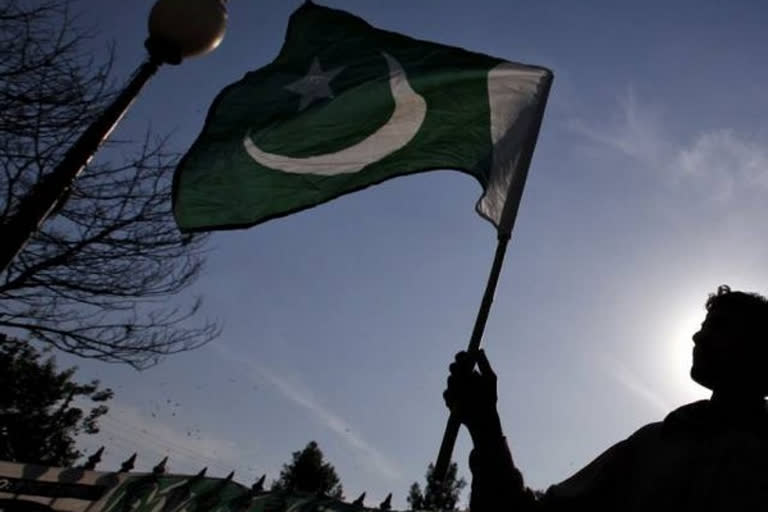Islamabad: Pakistan's government has hiked fuel prices by up to 29 per cent, removing fuel subsidies in an attempt to trim the fiscal deficit and secure critical support from the IMF for the cash-strapped economy. This is the third cut in fuel subsidies by the government headed by Prime Minister Shehbaz Sharif in about 20 days.
The new prices came into effect from Wednesday midnight and showed a massive hike of Rs 24 per litre in petrol prices and Rs 59.16 per litre of high-speed diesel (HSD) the two products used by everyone directly or indirectly, Finance Minister Miftah Ismail said. The latest rise came on top of an already Rs 60 increase in the prices of petroleum since May 25. The new petrol price has been fixed at Rs 233.89 per litre, HSD at Rs 263.31 per litre and kerosene oil at Rs 211.47 per litre.
He said the prices of all products had now been brought to their purchase price and the element of subsidy or price differential claim had been eliminated. There is no more government loss on the sale of petroleum products, he said, hoping to conclude an agreement with the International Monetary Fund for reviving loan support. Prime Minister Sharif on Thursday defended the unpopular moves, saying that the government was "left with no choice" because of "those who struck the worst ever deal" with the IMF.
Finance Minister Ismail also blamed the previous Imran Khan government for making a faulty agreement with the IMF that had tied the hands of the incumbent and forced it to increase oil prices to put the economy on the right track. If we don't increase oil prices, the country could face a default, he said, admitting that the middle class would suffer from the petrol price hike. After the new prices, the government finally removed all subsidies given on petroleum which was a key demand by the IMF to restore the USD 6 billion assistance package signed in 2019.
Also read: Fuel price hike was necessary to avoid bankruptcy, says Pak PM Shehbaz
However, the IMF was not happy with some other measures announced in the budget on June 10, including one about giving tax relief to the salaried people. The Dawn newspaper, quoting official sources, reported that the government has decided, in principle, to reverse the drastic tax relief provided to the salaried class.
According to the official, the revised tax slabs and other proposals have been submitted to the IMF. Technical level talks will start in the next few days, the official said, adding that they would try to protect the salaried class falling in lower slabs.
IMF's representative in Islamabad also confirmed that they were in discussions with the authorities...to obtain more clarity on certain revenue and spending items.
Responding to written questions shared by Dawn, IMF Resident Representative Esther Perez Ruiz said We note the submission of the draft budget to the National Assembly last Friday. However, she maintained that according to preliminary IMF estimates, additional measures will be needed to strengthen the budget and bring it in line with key programme objectives.
Fund staff stand ready to continue to support the authorities' efforts in this respect and, more generally, in the implementation of policies to promote macroeconomic stability, she said. In the budget, the government had unexpectedly given major relief in terms of tax rates to individuals with higher salaries by reducing the maximum tax rate from 35 per cent to 32.5 per cent. The proposed budget also reduced the number of slabs from 12 to seven. (PTI)



